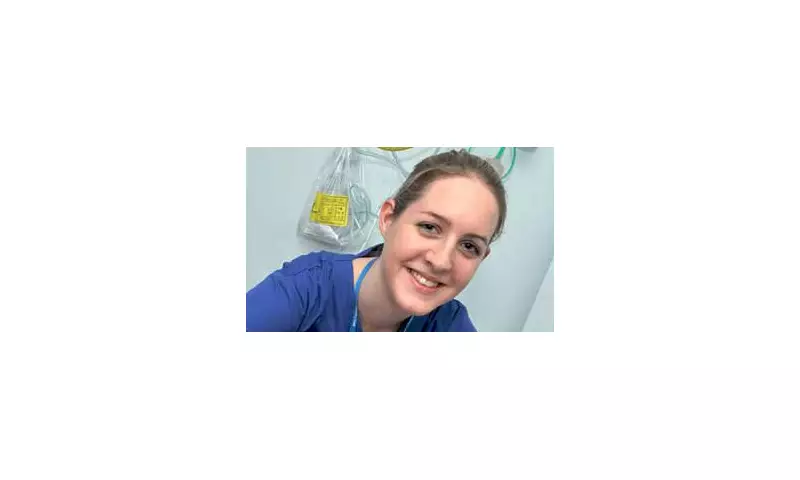
Serial child murderer Lucy Letby has been formally stripped of her NHS pension rights, ensuring the convicted neonatal nurse cannot benefit financially from her horrific crimes.
The Department of Health and Social Care has confirmed that Letby, who was convicted of murdering seven babies and attempting to kill six others while working at the Countess of Chester Hospital, will be blocked from accessing her hospital retirement fund.
Pension Rights Revoked Following Conviction
Under NHS pension scheme regulations, members can be excluded from benefits if convicted of relevant offences. Letby's multiple murder convictions qualify under these rules, allowing authorities to prevent her from receiving any pension entitlements accumulated during her nursing career.
A government spokesperson stated: "We have taken the necessary steps to formally remove Lucy Letby from the NHS Pension Scheme. Our priority remains protecting the NHS and ensuring no one can benefit from such appalling crimes."
Legal Process for Pension Forfeiture
The process to strip Letby of her pension benefits began after her conviction at Manchester Crown Court in August 2023. The 34-year-old received a whole-life order, meaning she will never be released from prison.
NHS pension scheme rules allow for forfeiture in cases where:
- A member is convicted of treason
- Offences committed in connection with their service
- Crimes that cause serious harm to the NHS
Letby's case meets multiple criteria for pension forfeiture, given she committed her crimes while working as an NHS nurse and abused her position of trust.
Impact on Victims' Families
The decision to block Letby's pension access brings some measure of justice to the families of her victims, who have endured unimaginable suffering. Many relatives have campaigned for measures to ensure Letby gains no financial advantage from her notoriety.
One parent of a child Letby attempted to murder commented: "It's a small comfort knowing she won't profit in any way from destroying so many lives. The NHS pension is for dedicated healthcare workers, not monsters."
The case has prompted wider discussions about accountability within the NHS and the need for robust systems to prevent similar tragedies in future.





